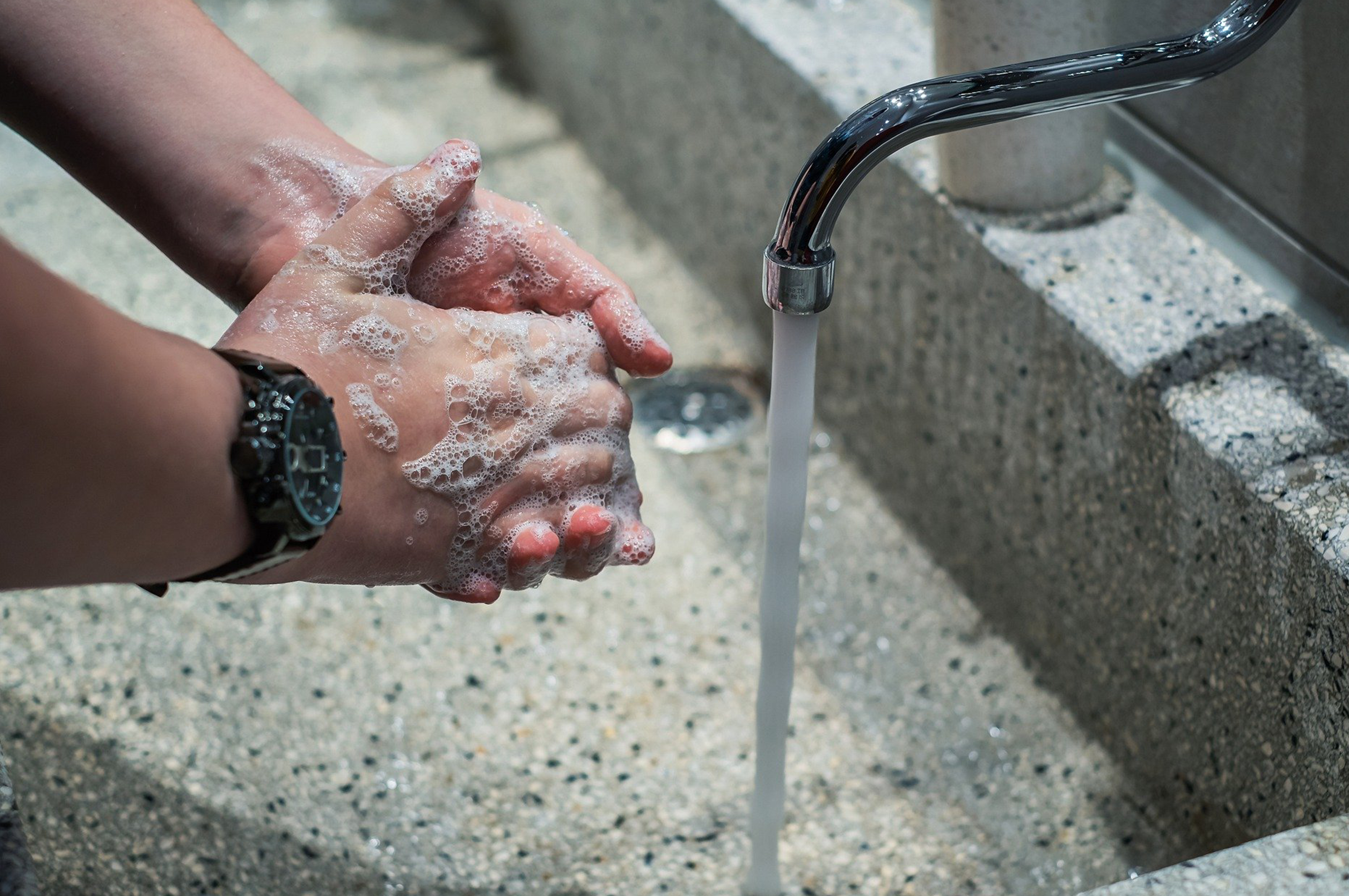Dear Friends,
As the COVID-19 pandemic creates unprecedented challenges for our city, our country, and our world, we pause to reflect on the impact this has on our lives and pay tribute to the heroes of this pandemic. The heroes are the doctors, nurses, nursing assistants, and other staff in hospitals and nursing homes; the grocers, delivery personnel, postal workers, truckers, manufacturers, farmers, and all those who ensure we have the essentials we need to get through this unprecedented period. And we are told the best way we can help these heroes is to stay home and practice social distancing when we have to venture out on rare occasions. How our world has changed!
Everyone in our country has been affected by this pandemic, from the very young to the very old. Playdates, proms, and graduations are missed by the young. “Non-essential” members of the workforce find themselves working from home and, unfortunately, many others are now unemployed. Older people living in the community hear they are the “most vulnerable” to COVID-19 and need to stay home. Many feel socially isolated, miss their families, and wonder how they will get food and medication if they should not go to stores. The internet and all its tools have helped to increase communication through online classes and virtual meetings, visits, even dinners with friends and family. We only hope that the broadband network will continue to support the tremendous volume it is carrying from people working from residential platforms.
The reality of COVID-19 is that we do not know much about it. We do know it is highly contagious and seems to be transferred through the mouth, nose, and eyes, through the air or by contact from contaminated hands to the face. We also know that while some infected people have mild or no symptoms, some become very sick. Finally, we are aware that older adults with chronic diseases who live at home or in skilled nursing facilities are particularly vulnerable to the disease.
Just in New York City as of today, April 6, there have been 2,600 deaths from COVID-19. Seventy-seven percent of these deaths were in people over the age of 65. It is much harder for older people whose immune systems are less robust and who often have multiple chronic diseases to fight the devastating effects of this disease. One in every four deaths occurs in nursing homes. Just one of the many issues our healthcare workforce has dealt with both in hospitals and nursing homes is the infection control guidance that mandates that anyone who is not on staff at that facility cannot visit patients. This mandate means that when anyone dies of COVID-19 in the healthcare system, they die without family or friends. Healthcare workers, particularly nurses, have become the sole “family” for the dying. Nurses are sharing how difficult it is to be that last human connection between life and death for so many. One nurse said, “I feel badly that they can only see my two eyes looking at them as I am covered in protective gear.”
Yes, the impact on everyone has been life-changing, but the impact on the essential workforce is dramatic. In New York City at 7 PM every night, when healthcare workers change shifts, people hang out their windows and balconies to cheer those front-line workers who are so compassionate and devoted to the care of the sick to the point of risking their health and even their own lives. We also cheer for the many other essential workers who ensure that supply lines continue and for those who come to our front doors with mail, packages, and food.
We know our country is resilient, and if we all work together, we will be stronger and more prepared for any pandemic or crisis that comes our way. Scientists worldwide are working together to find evidence-based treatments for this novel virus as well as a vaccine to protect us. At this time, we all must be fastidious about staying inside as much as possible, wearing a face scarf when we have to go out and washing, washing, washing our hands frequently. Following these guidelines is one way to support and thank the heroes who are caring for the sick, and those ensuring other essential services continue.
Stay safe and stay well.
Warm Regards,

Tara A. Cortes, PhD, RN, FAAN
-----
View: April 2020 Newsletter

 Donation
Donation
